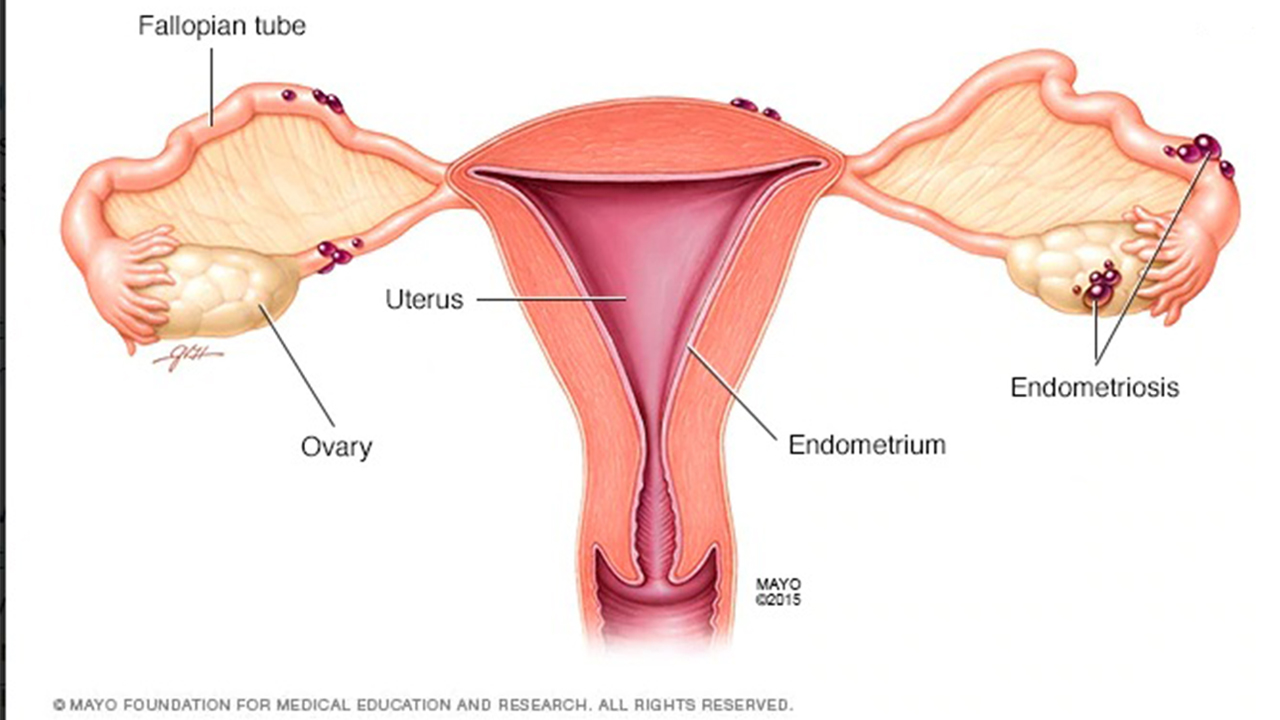Uterus, aka the womb, is where the woman houses the foetus until birth. According to a global survey, one in every five women is born without a uterus. In addition, 5% of women worldwide are having abnormality of the womb that interferes with foetal development.
For the last five years, successful uterus transplants have been conducted in many countries around the world. It has made possible for women with womb abnormality and for women who have had hysterectomies due to cancer or other problems.
At least a dozen children in Sweden, USA and Serbia have been born to women with transplanted uteri. The surgery takes about 10 hours. It involves connecting the recipient’s veins, arteries, ligaments and vaginal canal to the donated uterus. Several immunosuppression drugs are administered to the patient. Depending on the recipient’s medical condition, she may experience menses for the first time after the transplantation. The insemination occurs within a year.
First successful uterus transplantation from a living donor was performed in 2013 in Sweden. The recipient mother gave birth in 2014. Worldwide, 56 uterine transplant procedures have been performed, 53 of which involved women born without uterus.

 Worldwide, till date, 56 uterus transplant procedures have been performed.
Worldwide, till date, 56 uterus transplant procedures have been performed.




.png)














.jpeg)


.jpeg)



.jpeg)
.jpeg)






.jpeg)





